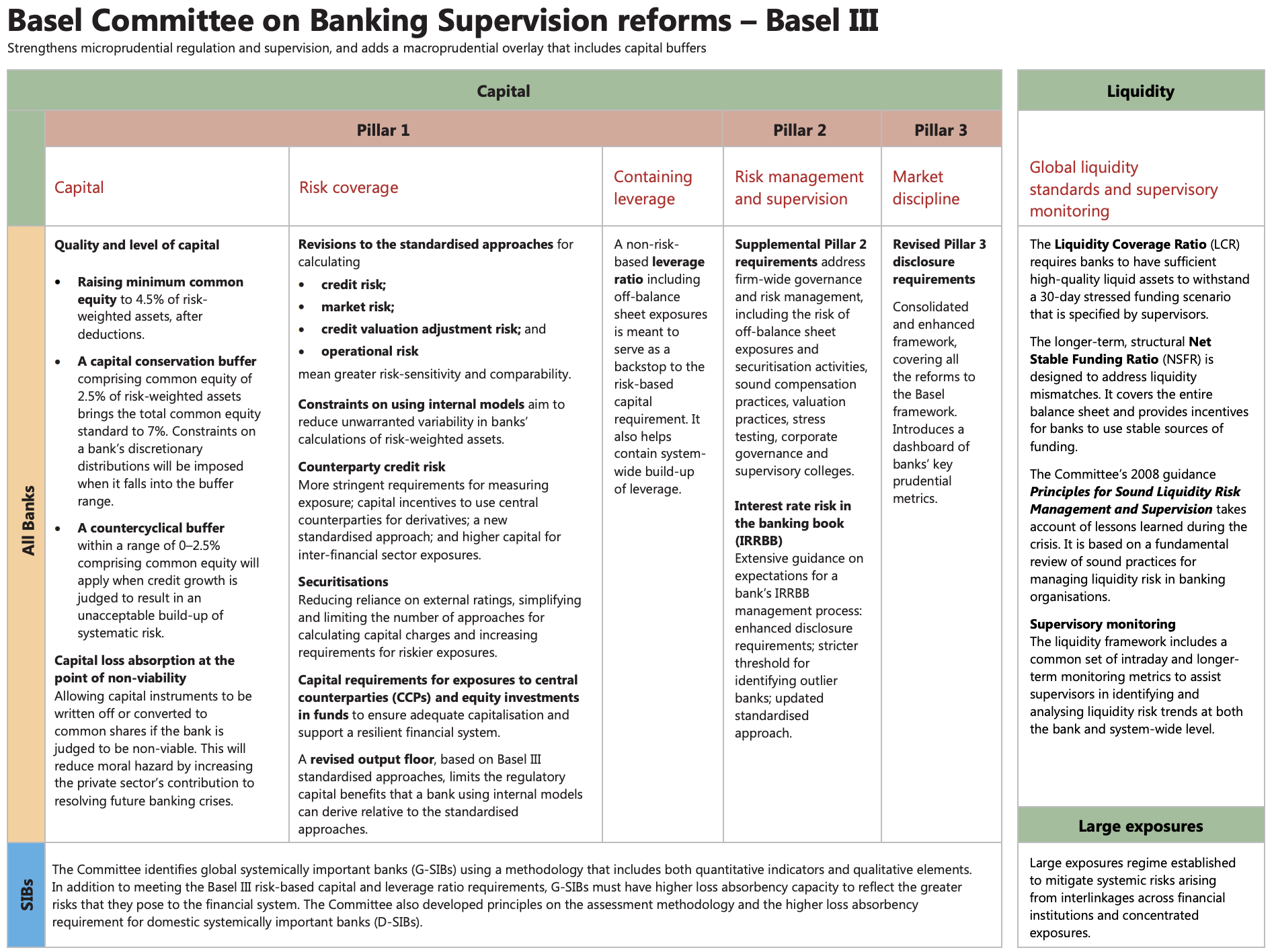Potongan cerita pendek - kelas kosong masa SMA yang mengingatkanku pada dirinya
Recent newsCerita ini fiksi belaka, kemiripan dengan kejadian sesungguhnya hanyalah kebetulan, atau dirimu memang ingin membuatnya kebetulan 😅
read more(Comments)

The industrial production index (IPI) is a monthly economic indicator measuring real output in the manufacturing, mining, electric, and gas industries, relative to a base year.
It is published in the middle of every month by the Federal Reserve Board (FRB) and reported on by the Conference Board, a member-driven economic think tank. The FRB also releases revisions to previous estimates at the end of every March.
The industrial production index (IPI) measures levels of production in the manufacturing, mining—including oil and gas field drilling services—and electrical and gas utilities sectors. It also
It also measures capacity, an estimate of the production levels that could be sustainably maintained; and capacity utilization, the ratio of actual output to capacity.
Industrial production and capacity levels are expressed as an index level relative to a base year—currently 2012. In other words, they do not express absolute production volumes or values, but the percentage change in production relative to 2012.
The indices are available in seasonally adjusted and unadjusted formats.
Within the overall IPI, there are a number of sub-indices providing a detailed look at the output of highly specific industries. Examples of a few of the dozens of industries for which monthly production data is available include: residential gas sales, ice cream and frozen dessert, carpet and rug mills, spring and wire products, pig iron, audio and video equipment, and paper.
Industry-level data are useful for managers and investors within specific lines of business, while the composite index is an important macroeconomic indicator for economists and investors—fluctuations within the industrial sector account for most of the variation in overall economic growth.
At the same time, IPI differs from the most popular measure of economic output, gross domestic product (GDP): GDP measures the price paid by the end-user, so it includes value-added in the retail sector, which IPI ignores. It is also important to note that the industrial sector makes up a low and falling share of the U.S. economy—less than 20% of GDP as of 2016.
Capacity utilization is a useful indicator of the strength of demand. Low capacity utilization, or overcapacity, signals weak demand. Policymakers could read this as a signal that fiscal or monetary stimulus is needed. Investors, meanwhile, could interpret it as a sign of a coming downturn, or—depending on the signals from Washington—as a sign of coming stimulus.
High capacity utilization, on the other hand, can act as a warning that the economy is overheating, suggesting the risk of price rises and asset bubbles. Policymakers could react to those threats with interest rate rises or fiscal austerity. Alternatively, they could let the business cycle take its course, likely resulting in an eventual recession.
Below is the seasonally-adjusted IPI for the 50 years to October 2017. Data is available going back to January 1919.
Cerita ini fiksi belaka, kemiripan dengan kejadian sesungguhnya hanyalah kebetulan, atau dirimu memang ingin membuatnya kebetulan 😅
read moreDalam konteks formulir C Plano pada Pilkada, singkatan “KWK” berarti “Kepala Wilayah Kerja”. Formulir C1-KWK Plano adalah catatan hasil penghitungan suara di Tempat Pemungutan Suara (TPS) yang digunakan dalam Pemilihan Kepala Daerah dan Wakil Kepala Daerah. Formulir ini mencatat secara rinci perolehan suara di setiap TPS dan merupakan bagian penting dalam proses rekapitulasi suara.
read moreThe **Department of Government Efficiency (DOGE)** is a proposed initiative by President-elect Donald Trump, aiming to streamline federal operations and reduce wasteful spending. Announced on November 12, 2024, the department is set to be co-led by tech entrepreneur Elon Musk and former Republican presidential candidate Vivek Ramaswamy.
read moreKyle Singler is a former professional basketball player known for his collegiate success at Duke University and his tenure in the NBA.
read morePete Hegseth is an American television host, author, and Army National Guard officer, recently nominated by President-elect Donald Trump to serve as the United States Secretary of Defense.
read moreAnne Applebaum is a renowned journalist, historian, and author whose works delve into some of the most pressing and complex topics of the modern era. Her expertise lies in examining the intricacies of authoritarian regimes, the rise of populism, and the fragility of democratic institutions. Her Pulitzer Prize-winning book, "Gulag: A History," offers an in-depth exploration of the Soviet labor camp system, shedding light on the human suffering and ideological underpinnings of one of the 20th century’s most oppressive systems.
read morePlexity AI is a marvel of our times—a confluence of technological ingenuity and the boundless hunger for understanding. At its core, Plexity AI represents an advanced synthesis of artificial intelligence and machine learning, built not merely to mimic thought but to empower it. Unlike earlier iterations of AI, which focused on specialized tasks or data crunching, Plexity seems designed to operate as an expansive intellectual partner, capable of untangling the Gordian knots of complexity that define the modern era.
read more
Collaboratively administrate empowered markets via plug-and-play networks. Dynamically procrastinate B2C users after installed base benefits. Dramatically visualize customer directed convergence without
Comments